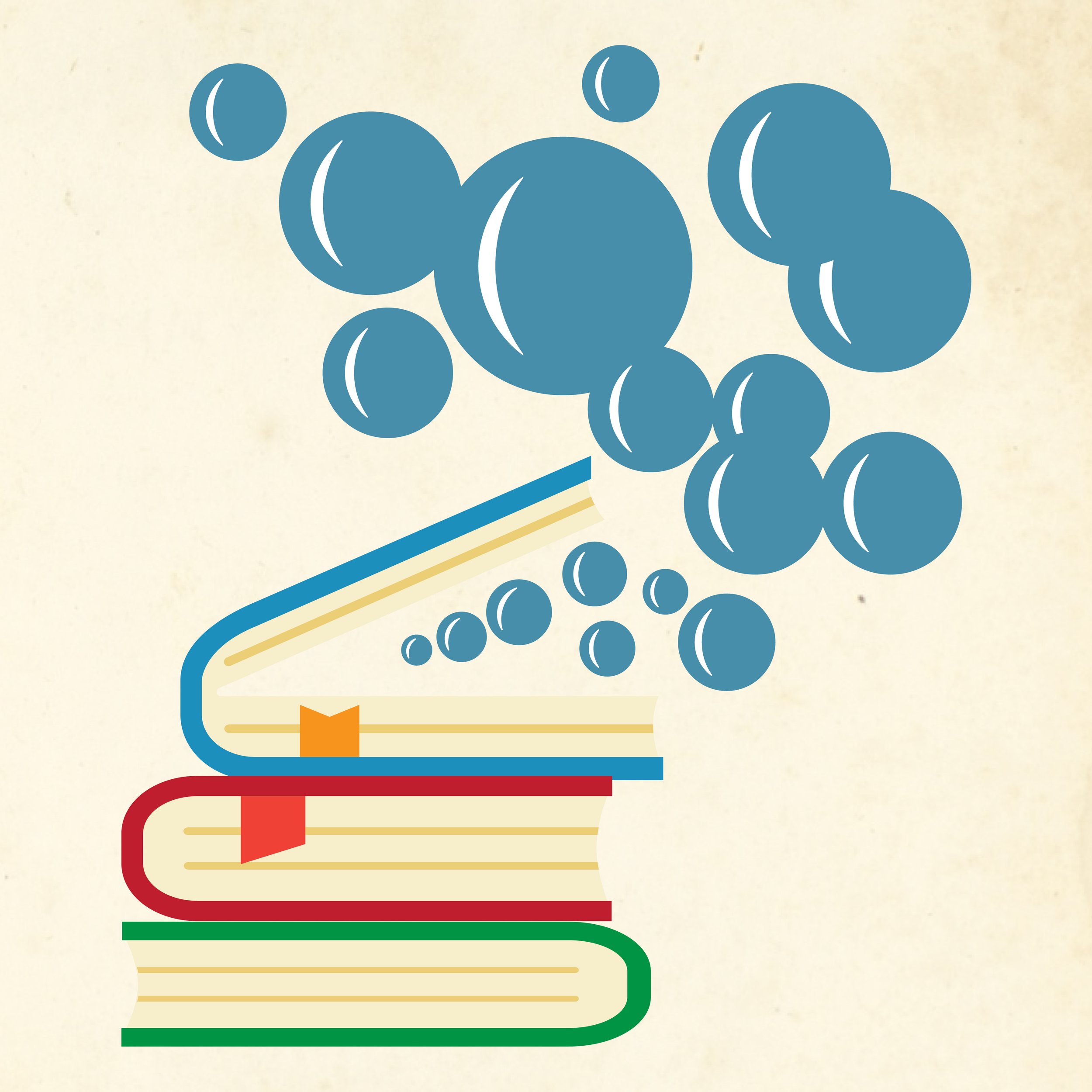GoKlean Simplifies the History of Soap
Cleaning and cleaning products have a long history, but if you’re like us you probably didn’t learn about it in school; so, we got curious and did a little research.
The first historical record of soap as a method of cleaning can be traced back to ancient Babylon in BCE 2800. (Who knew there was a 4,800-year history of cleaning with soap?!) The ancient Babylonians used animal and vegetable fats mixed with ash to form the earliest version of soap. This remained relatively unchanged for the next thousand years.
Around BCE 1500, the Egyptians used oils and alkaline salts to make soaps. By BCE 200, the Romans had fully embraced soaps for both personal hygiene and the cleaning of buildings and streets as a method of disease prevention. Unfortunately, when the Roman Empire collapsed is 467 AD, so did the use of soap and the practice of cleaning.
Soap would not become poplar again until the Renaissance, when advances in chemistry along with changes in fashion brought soap to the masses bringing the world out of the plagues of the Dark Ages.
The next big leap in soap development didn't come until 1791 when a French chemist and physician named Nicolas Leblanc who invented an inexpensive process (the Leblanc Process) of making soda ash (sodium carbonate) from ordinary salt (sodium chloride). Soda ash was widely used in the production of glass, paper, porcelain, and soap. Leblanc opened a factory to make soda ash and soap, but it was confiscated during the French revolution.
In 1823, another French chemist Michel Chevreul figured out the process of saponification. Saponification is the process by which soap is still made today; boiling fats, oils, and alkalis which produce soap, water, and glycerin. The glycerin is removed, and the product boiled again which then separates into soap and impurities.
Minor developments continued making the process of making soap less expensive and labor intensive. In the 1880s, Proctor & Gamble accidently made a soap that floated, which you probably know as Ivory - which is still sold today. Rumor has it that someone left the product in the mixing machine too long and was fired for his mistake.
The industrial revolution also brought machines that helped with cleaning tasks like washing machines and dishwashers.
Since the 20th century, a whole range of specialized products have been developed to tackle a whole range of cleaning problems. We'll dive more into the history of cleaning products in a future blog, so stay tuned.
GoKlean Products stands on the shoulders of these and many other visionary scientists and tinkerers, relying on centuries of trial and error to bring you the very best cleaning products that chemistry can offer. Call us today and our team will help you simplify your cleaning products needs with the GoKlean Simple Solution all backed by the GoKlean Promise of 100% satisfaction guaranteed.
***Facts are from "You Wouldn't Want to Live Without Soap!" by Alex Woolf published in 2016 and https://www.britannica.com/biography/Nicolas-Leblanc

